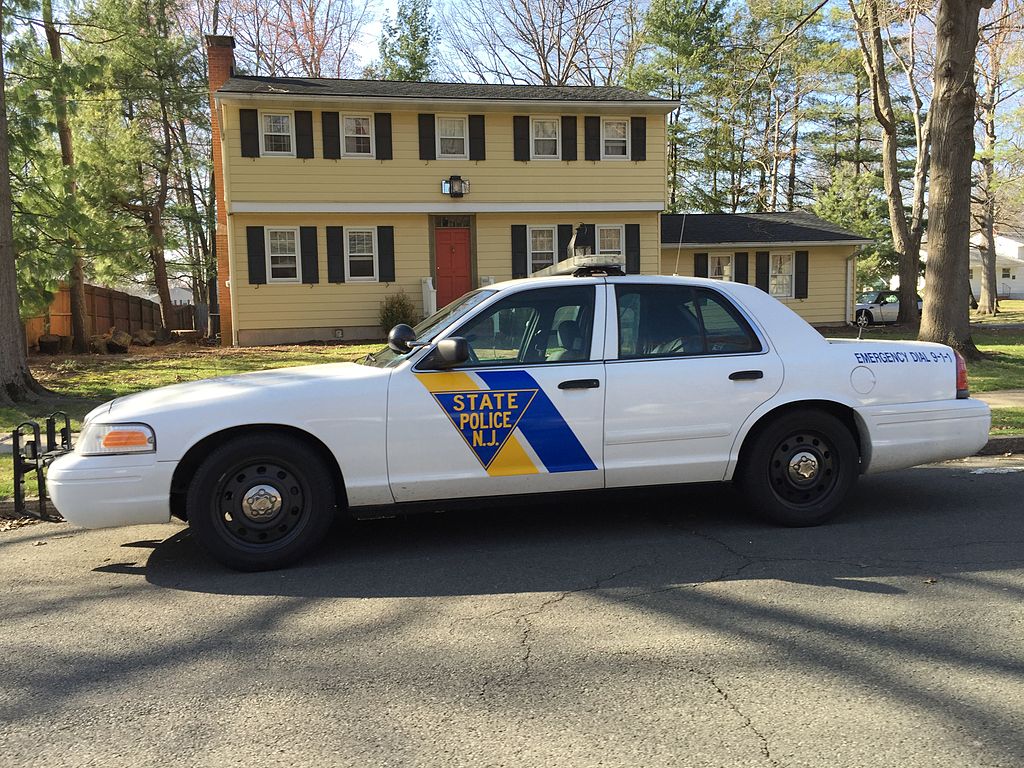RCFP, media coalition support efforts to gain access to police use of force reports

The Reporters Committee for Freedom of the Press and a coalition of 22 media organizations are supporting New Jersey media outlet The Trentonian’s efforts to access documents detailing New Jersey police departments’ use of force against minors.
In a friend-of-the-court brief filed Sept. 6, Reporters Committee attorneys argue that disclosure of use of force reports enables news coverage of matters of public concern — such as how minors are treated by law enforcement, and in the criminal justice system generally — and the news media plays a critical role in helping the public understand and evaluate that information.
Under New Jersey’s Open Public Records Act, all government records are open to the public “unless they fall into one of the law’s exceptions.” A core tenet of the Act is the principle of “pro-disclosure” — that when the public has access to information that enables understanding of how “state and local governments operate, citizens and the media can play a watchful role in… guarding against misconduct.”
The Trentonian’s request for access to the reports was initially denied under a statute which states that records “pertaining to juveniles charged as a delinquent or found to be part of a juvenile-family crisis, shall be strictly safeguarded from public inspection.” However, the media coalition’s brief argues that juveniles’ private information can be redacted from the use of force reports and the remainder of the report information can be released under OPRA.
The media coalition brief notes State v. Neulander, a case that addressed how “commentary and reporting on the criminal justice system is at the core of the First Amendment values, for the operation and integrity of the system is of crucial import to citizens concerned with the administration of government.”
In addition, access to information related to police use of force against minors in the criminal justice system “has made possible powerful journalism affecting communities across the nation” and serves the public interest, the coalition brief argues, highlighting reporting from news outlets where access to records pertaining to minors led to the discovery of improper activity.
Among this reporting was the revelation from an ABC news affiliate that black juveniles in Ohio were more likely than adults to have stun guns deployed against them and were more likely to be injured by use of police force than white juveniles. A story by the Philadephia Inquirer also shed light on reports of child abuse and coverups in a Pennsylvania reform school that led to judges and parents taking children out of the facility and the eventual closure of the school.
“The Force Report,” from NJ Advance Media, established a comprehensive database of New Jersey police use of force compiled from 72,677 documents. The report found that “New Jersey’s system for tracking police force is broken, with no statewide collection or analysis of data, little oversight by state officials and no standard practices among local departments.” The report won two national journalism awards from the Online News Association on Sept. 14.
The coalition brief also cites the significance of Judge Thomas Brogan’s opinion in O’Shea v. Twp. of W. Milford in the Superior Court of New Jersey, which posited that “if you have these [UFRs] and you don’t let the people or… the public at large review them, you’re just … asking for a suspicious cloud.” Withholding these reports “encourage[es] a distrust of the police report which is… the farthest thing we should look to do.”
The coalition brief goes on to note that access to these reports on the use of police force against minors can “maximize public knowledge about public affairs,” and that “the wholesale withholding of these reports serves only one interest: sweeping potential abuses under the rug.”
Read the media coalition’s full brief.
The Reporters Committee regularly files friend-of-the-court briefs and its attorneys represent journalists and news organizations pro bono in court cases that involve First Amendment freedoms, the newsgathering rights of journalists and access to public information. Stay up-to-date on our work by signing up for our monthly newsletter and following us on Twitter or Instagram.